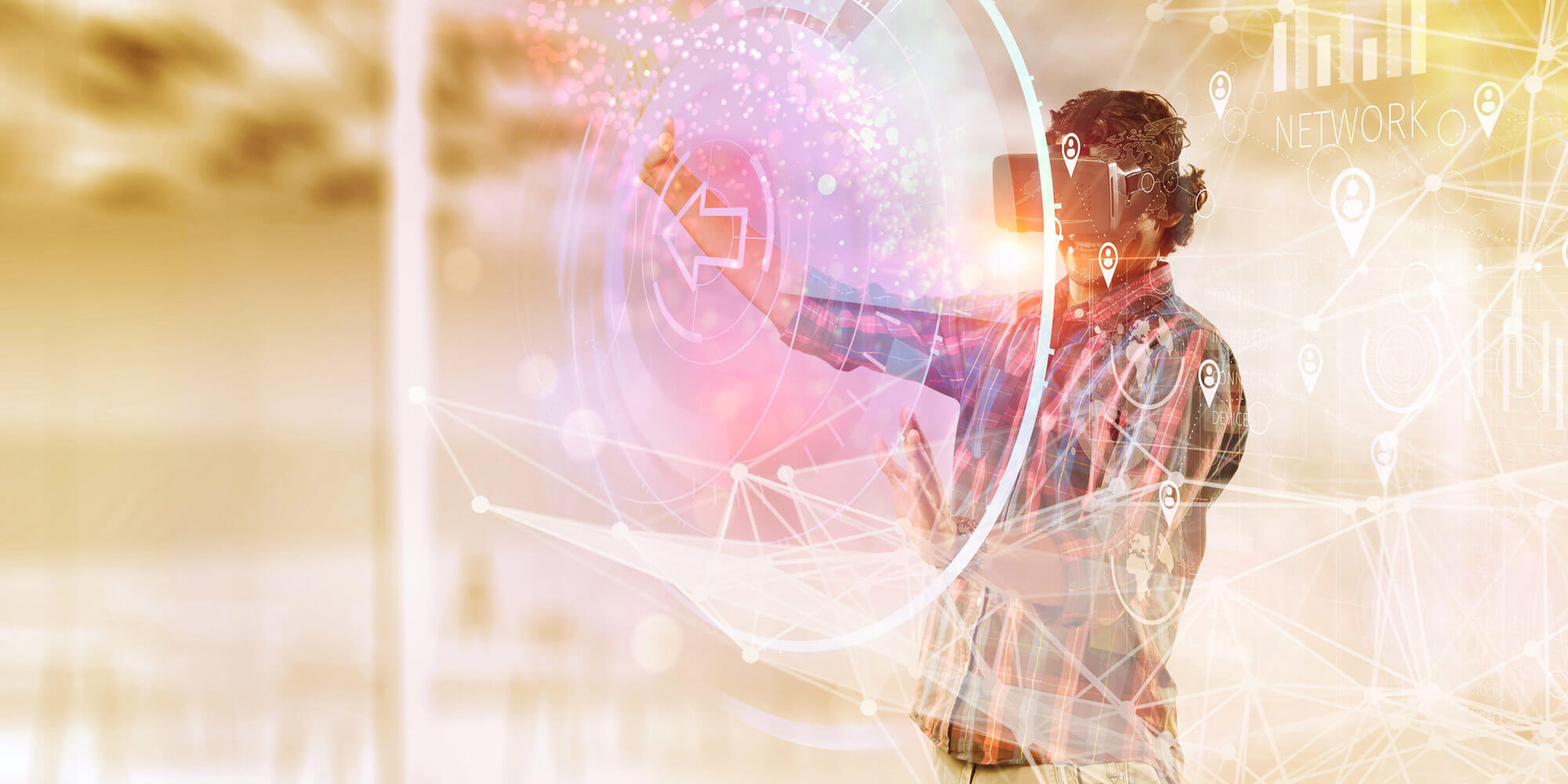Exploring the meaning of different sensory channels in future applications
In future human-machine interaction using virtual reality, it could be essential to go beyond the auditory and visual senses to include touching, smelling, and tasting the environment. Such multisensory experiences will be possible through novel sensors and actuators using the 6G communication network. Our session aims to develop a broader understanding of the principles of and requirements for (augmented) perception and interaction with the external world, as well as the importance of multisensory feedback for goal-directed behavior. The workshop will open with two short keynotes on 6G technology and augmented multisensory perception. The main body includes hands-on experiments and a follow-up discussion on novel multisensory technologies and future applications.
Please bring a pack of gummy bears (different colors).
Prof. Dr. Frank Fitzek (DE): is a professor and head of the “Deutsche Telekom Chair of Communication Networks” at TU Dresden coordinating the 5G Lab Germany. He is the spokesman of the DFG Cluster of Excellence CeTI. He received his diploma (Dipl.-Ing.) degree in electrical engineering from the University of Technology – Rheinisch-Westfälische Technische Hochschule (RWTH) – Aachen, Germany, in 1997 and his Ph.D. (Dr.-Ing.) in electrical engineering from the Technical University Berlin, Germany in 2002 and became Adjunct Professor at the University of Ferrara, Italy in the same year. In 2003 he joined Aalborg University as Associate Professor and later became Professor. His current research interests are wireless and 5G communication networks, network coding, cloud computing, compressed sensing, cross layer, and energy efficient protocol design and cooperative networking.
Dr. rer. nat. Annika Dix (DE): is a post-doctoral researcher at the Chair of Engineering Psychology and Applied Cognition Research at the TU Dresden, specialized in the field of human problem solving using methodological approaches from psychology and neuroscience. After her PhD at Humboldt-Universität zu Berlin and the Berlin School of Mind and Brain, she joined the Lifespan Developmental Neuroscience unit and then the Engineering Psychology unit at TU Dresden. Currently, she contributes her expertise to research within the DFG Cluster of Excellence CeTI. Developing approaches in real and virtual reality for research on augmented multisensory perception and interaction, she investigates the interplay between human cognition and contextual factors in dynamic interactions for deriving demands and objectives in using augmented cyber-physical systems.
Dipl.-Ing. Emese Papp B.A. (HU): After successfully completing a bachelor’s degree in art history in Budapest and Berlin, Emese moved to Dresden to study mechanical engineering, specializing in industrial design. In 2018, directly following her studies, she joined the Chair of Industrial Design Engineering as a research assistant. In her industrial projects, she develops award-winning industrial exoskeletons (Partner: Ottobock Industrials) from the design phase to the production-ready product. In her doctoral project, she examines the influences that shape the experience and acceptance of exoskeletons in professional contexts. A special focus is on the unique aspects of the close-to-body character of exoskeletons (embodied experience) and its psychological and social aspects.


